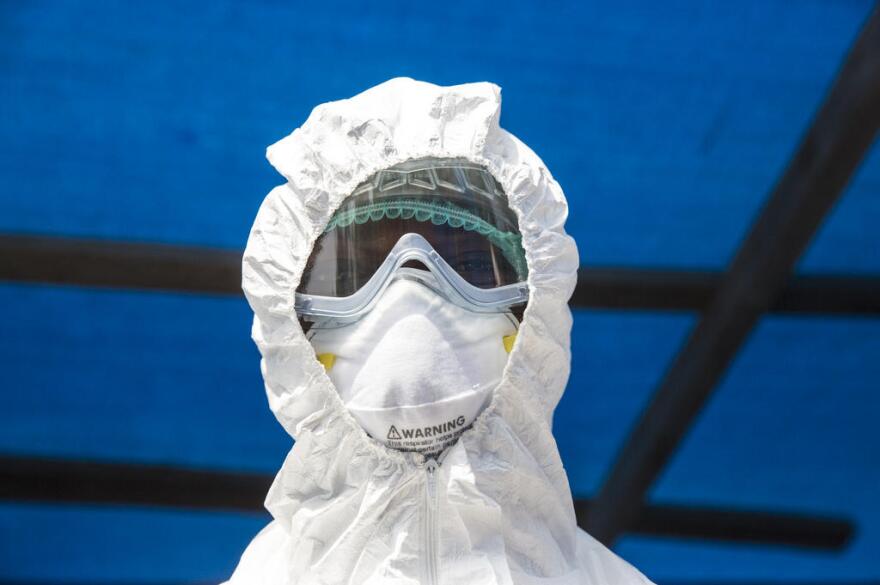A study found that only asymptomatic individuals were quarantined in the U.S.
People quarantined in the United States of America for suspicion of Ebola had their rights violated for reasons that weren't medically justified. That's the conclusion of a new report from the American Civil Liberties Union and Yale University.
This year's Ebola outbreak in West Africa was the largest in history, resulting in more than 11,000 deaths, according to the World Health Organization.
The United States saw four Ebola cases and one death, according to the Centers for Disease Control. The country also saw a number of Ebola quarantines, including nine in Connecticut, for people showing no disease symptoms.
Gregg Gonsalves, a lecturer at the Yale Law School, was one of the authors of the paper examining these quarantines titled "Fear, Politics, and Ebola."
"What we try to describe in the report is the fact that, in scientific terms, nobody can never say never, but your risk of getting Ebola from an asymptomatic individual is probably akin to getting struck by lightning, while you're in a plane crash, in the middle of an earthquake," said Gonsalves.
The report cites an article in The New England Journal of Medicine saying infection from a person displaying no symptoms of Ebola has yet to be documented.
Still, Gonsalves's study found asymptomatic individuals were the ones who, in all documented cases, got quarantined in the U.S.
Gonsalves said politics may have played a role. "It's horror movie stuff," he said. "We were seeing these images happening from West Africa, it was an election season in the United States, and some people tried to benefit from public fears and apprehensions about a dreaded disease."
When it comes to disease control, Gonsalves said any restrictions of civil liberties need to be medically justified. He also said there needs to be mechanisms in place giving a quarantined person a right to due process, allowing them to contest their confinement.





